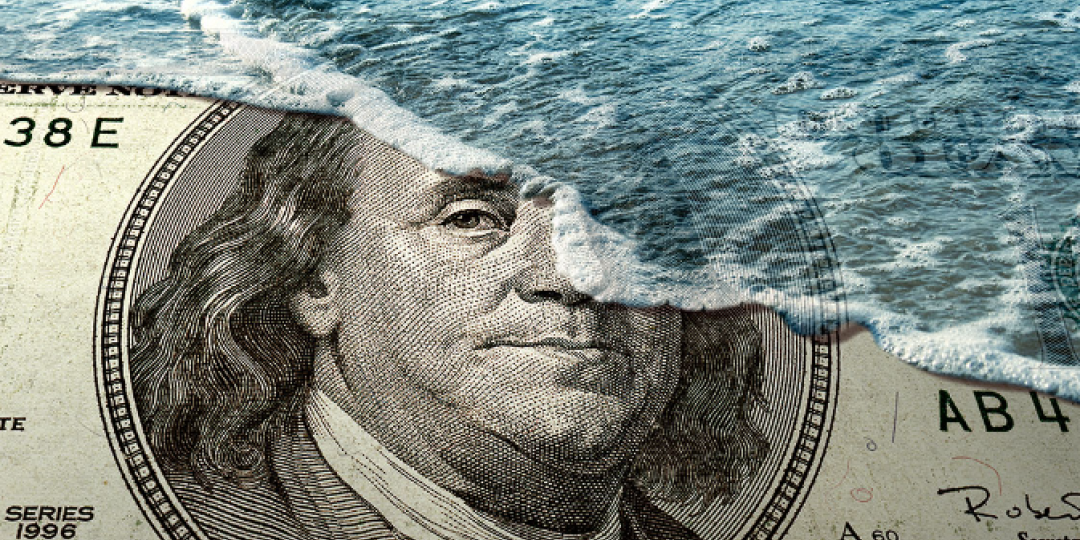The general volume of vessels and the sharp increase in maritime traffic around the Cape of Good Hope are both serving to underscore the notion that the Department of Transport (DoT), Treasury and the South African Revenue Service (Sars) are responsible for neglecting the local ocean trade industry.
According to Unathi Sonti, executive chairperson of the Maritime Business Chamber (MBC), about 13,000 vessels call at local ports every year, while more than twice that number sail around South Africa on east-west voyages.
Add to that the 53% increase in traffic around our shores since December due to liners avoiding the military conflict south of the Suez Canal, and the local maritime business could be booming because of the country’s strategic location.
Unfortunately, the poor planning and consistent underperformance in evidence at South African ports have, for now, put paid to any hopes of maximising the profit potential created by the current supply chain upheaval in the Red Sea.
“Over and above the number of vessels coming into our ports, we have about 30,000 ships sailing past our coastline. That is the market we should be aiming at through offering off-shore refuelling services in Algoa Bay,” Sonti said.
But the detention on September 12 last year of five bunkering vessels by Sars on suspicion of contravening the Customs and Regulatory Act has dealt a blow to South Africa’s only off-shore vessel refuelling services.
As a result, the liner trade is avoiding bunker stops in Algoa Bay, preferring off-shore bunkering at Port Louis in Mauritius as well as in Singapore, where refuelling capacity has doubled.
“Sars asked industry to submit comments about what happened last September by the 12th of January, and we did. But since then, nothing has been communicated to us and those vessels are still detained.”
Sonti said the fact that those vessels remain impounded at the Port of Ngqura creates a very bad impression.
He added that the moratorium on issuing newcomers to the bunker trade with operating licenses, mainly because of environmental concerns, is further impeding the potential for creating cross-industry opportunities in Algoa Bay’s maritime industry.
“People must realise that it’s not just about refuelling vessels but also about related services. Carriers prefer to do vessel repairs, store new supplies and do crew changes. So your travel, hospitality and retail sectors are part of the bunker picture.”
Sonti said the MBC had approached the DoT for assistance but with little success.
“It really is unfortunate that this is happening. We should ideally have a separate ministry for the maritime industry. Government also needs to realise that once business is lost, it’s not easily restored.”
While the Suez situation drags on, sending more diverted vessel traffic around the Cape, the reputational setback from September’s Sars detention is expected to scare bunkering away from Algoa Bay for some time.
“We can only hope it’s resolved soon,” Sonti said.
“Lifting the moratorium that has been in place since 2020 would also help to stimulate business in Algoa Bay.”
- This is a developing story that will be followed by updates.













